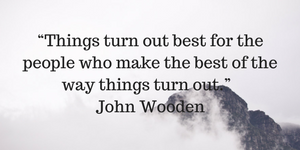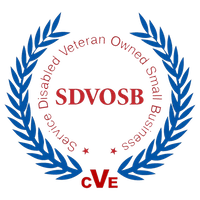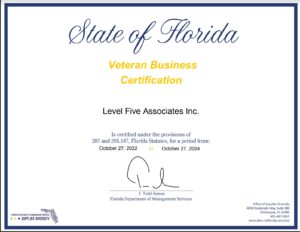This is part of a series of blogs on the theme of ‘Disciplined Leadership.’
Few people will ever match UCLA Coach John Wooden’s legendary career, he won over 80% of the games he coached in, to include 10 NCAA men’s basketball championships, and when he passed away in 2010 at the age of 99 he was revered as a role model.
 John C. Maxwell called him the finest example of a Level Five leader he had ever known. “I wish I were more like him,” Maxwell wrote in The 5 Levels of Leadership, “[He was a] giver, teacher, coach, leader, and friend.” And his players felt the same way.
John C. Maxwell called him the finest example of a Level Five leader he had ever known. “I wish I were more like him,” Maxwell wrote in The 5 Levels of Leadership, “[He was a] giver, teacher, coach, leader, and friend.” And his players felt the same way.
Google spent years with its Project Aristotle searching for the perfect team, and in the end they concluded that one vital factor was something they called “group norms” — it separated the best performing teams from others, including those with superior talent, experience, and education.
But as Patty McCord, former Chief Talent Officer at Netflix wrote in a 2014 edition of The Harvard Business Review, one critical aspect of building these teams is also to “Hire, reward, and tolerate only fully formed adults.” Maturity is essential.
Once you have these adults on board, one of the best techniques I have seen for building them into world class teams is to codify the expected behaviors of the team members. Establish a “Team Covenant.” It should be simple, clear, and direct. Here are some examples of these behaviors:
- We follow a focused mission statement.
- We value honesty and check our egos at the door.
- Everyone fully participates.
- We do our homework.
- We own the outcomes.
You can easily have more than these five elements, but you get the idea. Setting up the “group norms” in a disciplined way insures the ground rules are commonly understood. Otherwise you open the door for assumptions to take over the team dynamics, and dysfunction will likely be the result.
For us as senior leaders, we can contribute most by supporting the culture the team covenant process represents. “What I realize more than ever now,” Microsoft CEO Satya Nadella stated in a 2017 interview in USA Today, “is that my job is curation of our culture.”
Coach John Wooden epitomized the role of the head coach as a cultural curator, and we can all learn from his lifetime example. Build the team with a clear covenant. Model the behaviors you expect of them.
Enjoy the journey!
(Based off material originally published May 2017)
Did you find this blog post beneficial? If so, please consider sharing it with your audience using one of the choices below. It’ll just take a second, but could improve someone’s work habits for a long time to come.





